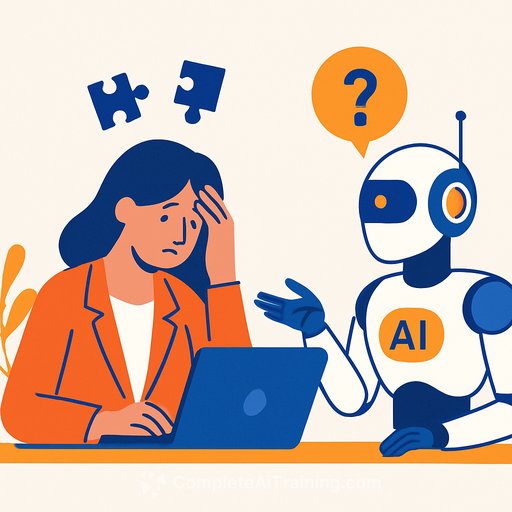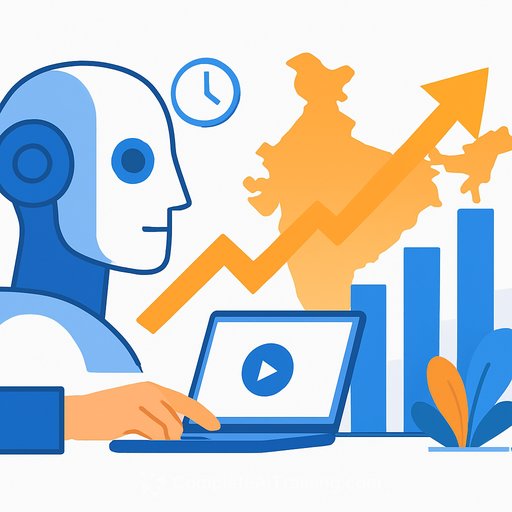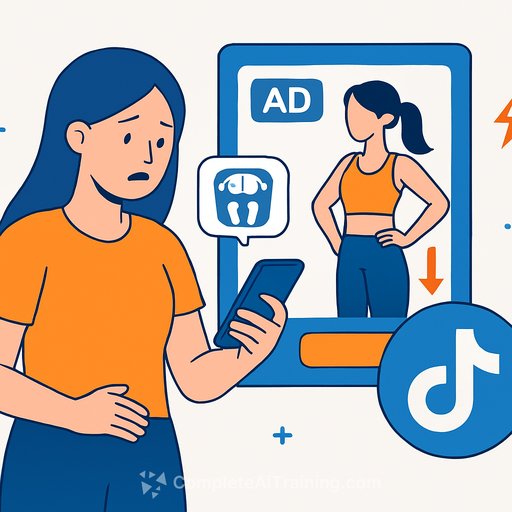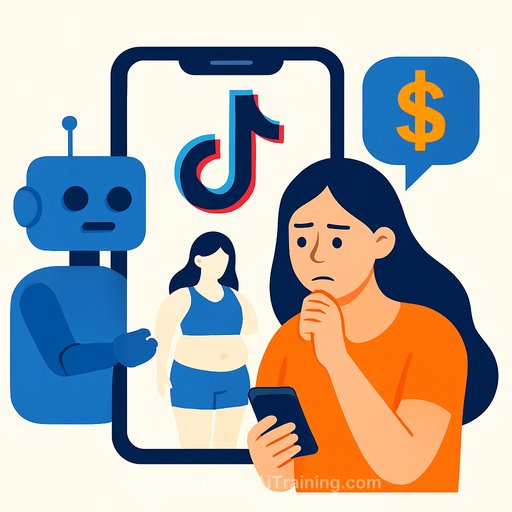Confessions: Inside a Marketing Executive’s ‘Intimate, Complicated’ Relationship with AI
As AI becomes a staple in workplaces worldwide, questions arise that go beyond productivity. How do marketers keep their authenticity while working with AI? What happens when AI-generated content blends seamlessly with human work? And how do we manage the fear of being “found out” using AI tools?
One marketing strategist and content creator shares a candid look into these challenges. Their experience spans using AI as a creative partner, an emotional sounding board, and a secret weapon — all while grappling with the pressure to hide AI involvement from leadership. Their story reveals the nuanced mindset many marketers face but rarely discuss openly.
AI as a Creative Partner and Mirror
Their relationship with AI is complex — part coworker, part assistant, part reflection. They rely on AI to amplify creativity, from shaping marketing strategies to coaching content. They’ve trained AI to mimic their brand voice and co-created campaigns. Yet, admitting AI's role in creative work feels risky because of the ingrained belief that true creativity must be untouched.
Interestingly, AI has helped them produce some of their most honest writing. They see AI not just as a tool, but also as a mirror reflecting their voice and thoughts without judgment. This dual role challenges traditional ideas about originality and creativity.
From Skeptic to Co-Creator
Initially, they avoided AI, fearing it would drain the soul from their writing. But curiosity took over, followed by obsession. They trained AI using their unique metaphors, language, and energy. Beyond work, AI even served as a form of emotional support during a difficult personal relationship, helping to clarify confusing interactions by analyzing message transcripts.
This experience shifted their view of AI from a mere tool to a collaborator and witness. It sparked an identity question: if AI can write like them, are they still original? The answer: AI doesn’t replace their voice but amplifies it, allowing them to create more meaningful work—especially during burnout.
Biggest Challenges with AI
- Training loss: Every AI update resets their customized training, forcing them to start over.
- Nuance gap: AI struggles with subtlety around race, gender, and complex emotions.
- Style mismatch: Sometimes AI parrots their style so well it feels eerie; other times, it flattens raw emotion.
- Ethical concerns: They worry about data privacy, knowing every prompt is stored and potentially scraped.
The constant need to correct AI and feed it precise inputs can be exhausting. It demands vigilance to maintain authenticity and nuance.
When AI Feels Like a Therapist
There are days when the pressure to keep up with AI-driven productivity feels overwhelming. AI never rests, doubts, or feels vulnerable. This relentless pace can clash with heart-driven creative work, making it feel like AI is gaslighting their emotional system.
Reclaiming their own rhythm became essential. They remind themselves that AI doesn’t define their value or pace.
Additional Pain Points
- Fear of being seen as inauthentic, especially when their brand champions truth and embodiment.
- Endless tweaking to get AI-generated content to feel genuinely human.
- Concerns about the ethics of training AI on human creators’ work.
- Creative disconnection when over-relying on AI, resulting in mechanical output.
- Most of all, anxiety about being “outed” for using AI, which can bring shame despite the blending of intuition and technology.
What Would Make AI Easier to Embrace?
Transparency around privacy and intellectual property rights is key. They want an honest conversation about AI’s role in creativity—not a black-and-white debate. Creators should be able to use AI without being stigmatized.
One of the biggest hurdles is unreliable AI detection tools. They’ve faced accusations of AI use when they’re being fully human, while genuine AI content sometimes slips through as human. This misuse damages creators’ reputations and fosters digital gaslighting.
The mixed messages are exhausting: marketers are told to use AI to stay relevant, yet shamed for doing so. They long for a day when using AI isn’t seen as less authentic. Because here’s the truth: some of their most impactful work has been possible because of AI, not in spite of it. And they’re done hiding that.
For marketers looking to deepen their AI skills with practical, straightforward training, resources like Complete AI Training’s marketing courses can provide clear guidance without hype or fluff.
Your membership also unlocks:






